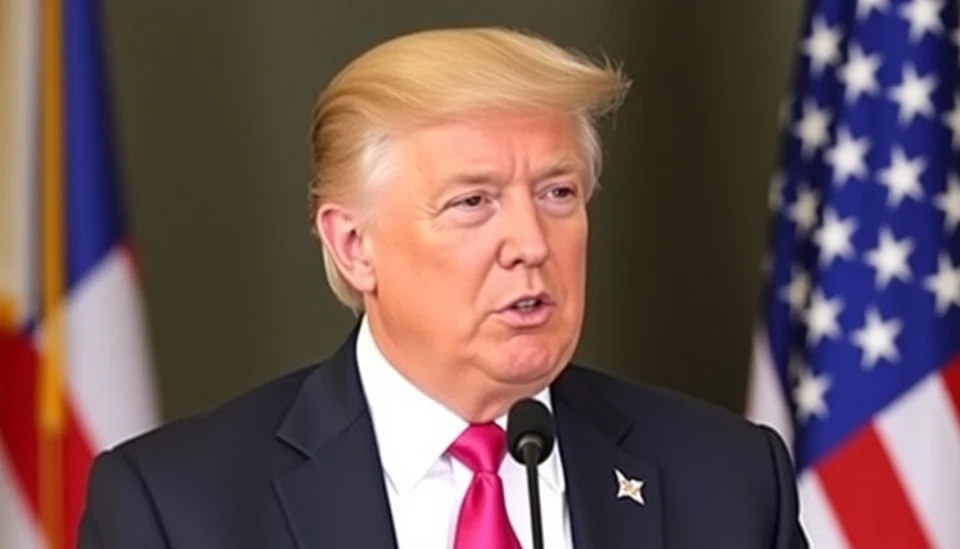
The Philippine central bank has indicated a potential shift towards easing monetary policy in the wake of the recent election results in the United States, where Donald Trump emerged victorious. This unexpected development comes at a critical time for the Philippine economy, which has been navigating myriad challenges, including inflationary pressures and the ongoing aftershocks of the global pandemic.
In a statement released shortly after Trump's win, the Bangko Sentral ng Pilipinas (BSP) hinted at its readiness to adapt monetary policy to support domestic economic recovery. Central bank officials noted that global market reactions to the election results could influence local economic conditions, prompting the need for a more accommodative stance.
The BSP's Governor, Felipe Medalla, stated in an interview that the central bank is closely monitoring economic indicators and is prepared to make adjustments if necessary. He emphasized the importance of maintaining economic stability while fostering conditions conducive to growth, especially as the country looks ahead to a challenging fiscal landscape.
Analysts predict that the BSP may consider lowering interest rates to support borrowing and spending, which are crucial for stimulating the economy. The idea is to enhance liquidity in the financial system, thus boosting consumer confidence and encouraging investments.
Despite the uncertainties surrounding the new U.S. administration's economic policies, the BSP remains committed to its mandate of ensuring monetary stability. However, the potential for external pressures, particularly those emanating from the United States, cannot be overlooked, especially considering the ongoing negotiations regarding trade and economic relations.
The Philippine economy has shown signs of recovery, but experts warn that a sustained rebound depends largely on both domestic and global dynamics. Factors such as the inflation rate, unemployment levels, and overall consumer sentiment will play a critical role in determining the appropriate course of action. The central bank’s decision-making process will be further complicated by the need to balance fiscal responsibility with the imperative to support economic growth.
In conclusion, as the Philippine central bank navigates this uncharted terrain following the U.S. elections, all eyes will be on its forthcoming policy decisions. Investors and businesses alike are hopeful for a proactive stance that will bolster the economy in these uncertain times.
#PhilippineCentralBank #InterestRates #EconomicRecovery #TrumpVictory #MonetaryPolicy #PhilippinesEconomy #Inflation #GlobalEconomy
Author: Daniel Foster




